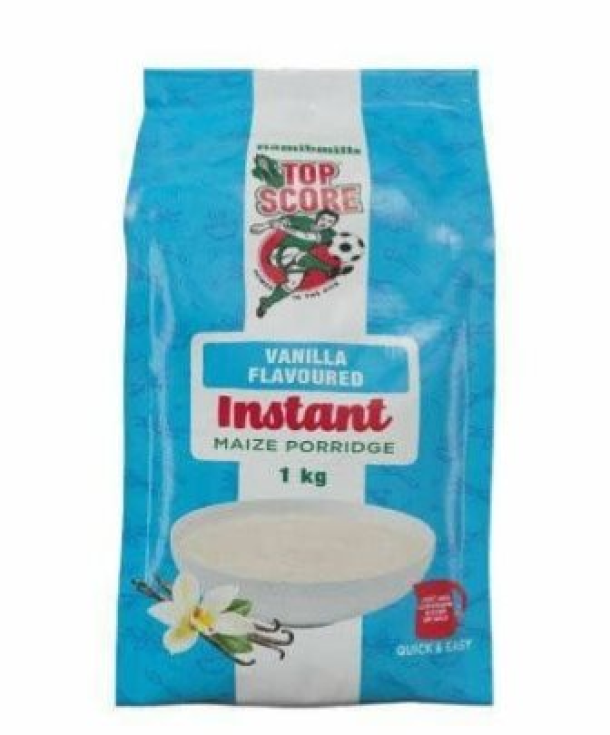Small suppliers want a slice of big retailers’ supply network
Competition Commission hears how supplier development initiatives of grocery retailers exclude small producers.
The big four grocery retailers – Shoprite, Pick n Pay, Spar and Massmart – should be compelled to source products they sell from small producers in order to curb anti-competitive behaviour in SA’s retail industry, it was recommended to the Competition Commission.
The commission’s grocery retail market inquiry heard fresh complaints last week from KwaZulu-Natal-based emerging suppliers on how the dominance of SA’s big four grocery retailers leaves little room for them to grow.
Despite the four big retailers having enterprise and supplier development initiatives, they have been accused by small players of not stocking their products at stores.
The supplier development initiatives of big retailers are intended to support small businesses by procuring goods and providing them with access to their retail shelves. Retailers typically favour large producers who can guarantee volumes and quality of goods.
Among the retailers accused of not integrating emerging producers into their supply chain network is Massmart, the operator of Game, Makro, DionWired, Builders Warehouse and others.
Thabo Gininda, the owner of Ingola Trading, which manufactures soup and spices, accused Massmart of not stocking his products after being part of the retailer’s supplier development course in 2015.
He told the inquiry that upon the completion of the course, his expectation was for Masscash to stock his soup and spice products. Masscash is a division of Massmart with brands including Jumbo Cash and Carry, Saverite Supermarkets and others.
Gininda claimed that after he completed the course, discussions with Massmart began about supplying the retailer with his products. The products, he told the inquiry, were later subjected to health and nutrition tests.
“After the tests, the products were given a certificate so that they could be sold to the public,” he said, adding that the products were never introduced in Massmart’s shelves.
However, Massmart disputed Givinda’s version of events, saying the reason was because his products didn’t meet the retailer’s supply development programme requirements, including having a formal product line and owning a production facility to manufacture his products.
Givinda confirmed the latter at the inquiry, saying that he uses a third party to manufacture the products.
“We did attempt to assist Mr Gininda with training by enrolling him in a small business management programme at Gibs, however, no commitment was made to list products from entrepreneurs enrolled in the course [in Massmart’s stores],” Massmart’s spokesperson Annaleigh Vallie told Moneyweb.
The purpose of the inquiry is to examine the general state of competition in the grocery retail sector as the commission has reason to believe that there are features in the sector that may prevent, distort or restrict competition.
Sanjay Lutchman, a manufacturer of bottled water, said big retailers ask hefty payments before putting products of smaller retailers on shelves, which disadvantages smaller producers and hinders their ability to compete. He added when retailers eventually stock their goods, smaller producers usually have to pay a “kickback”, which is a payment reward to retailers.
“Big retailers want a percentage of our profits (or a kickback) at the end of the year. They want to see the number of sales and want me to reward them for stocking my products.”
“Despite having to pay for bottles, caps and labels to manufacture bottled water, big retailers don’t want to hear about our costs. They just want their kickbacks, which is 5% to 10% of our profits.”
Responding to challenges faced by small producers, the former CEO and now director of retailer Spar Wayne Hook said the group sourced 20% or R15 billion worth of its goods annually from local suppliers. In SA, Spar operates 823 grocery stores, of which 98% are owned by independent entrepreneurs.
Hook said the remaining 80% of the stock is sourced from the group’s distribution warehouses or drop shipments (store owners purchasing directly from manufacturers).
Hook added that most suppliers don’t have the capacity to supply its group, hence the 20% level of goods stocked from small producers. Spar is developing suppliers from a farming perspective, as it’s supporting “30 to 40” farmers that would supply its outlets, he said.
News Category
- International retailers
- On the move
- Awards and achievements
- Legislation
- Wine and liquor
- Africa
- Going green
- Supplier news
- Research tools
- Retailer trading results
- Supply chain
- Innovation and technology
- Economic factors
- Crime and security
- Store Openings
- Marketing and Promotions
- Social Responsibility
- Brand Press Office
Related Articles
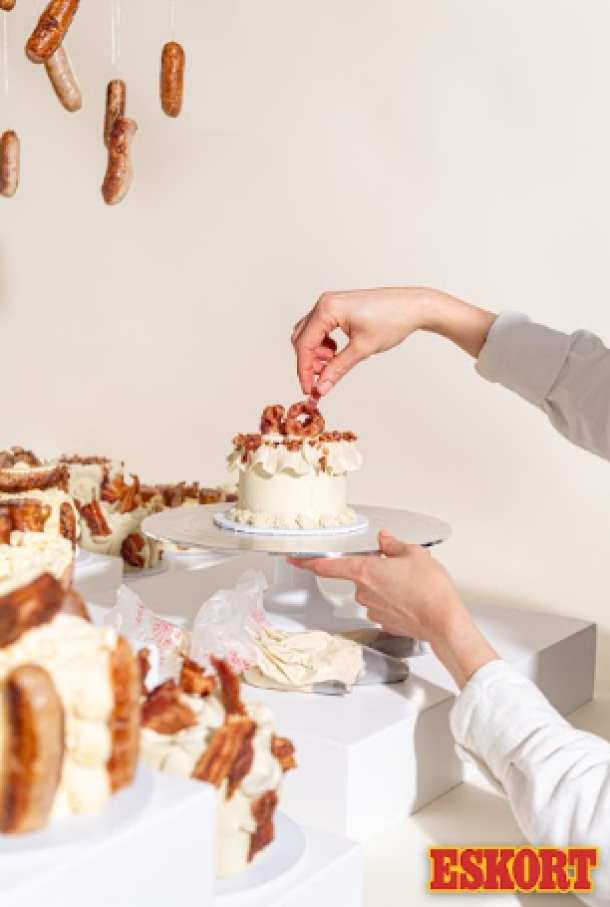
Eskort is celebrating 107 years
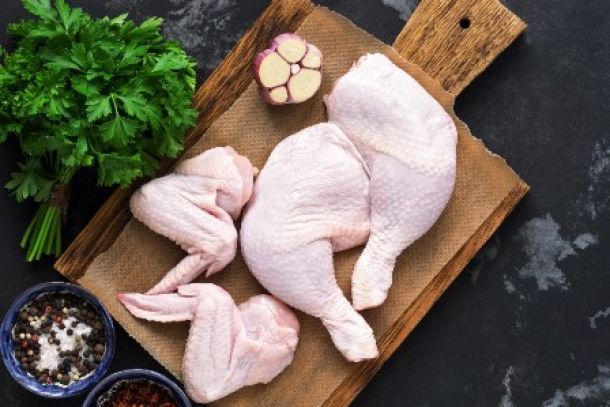
UK poultry industry as exports to South Africa ...
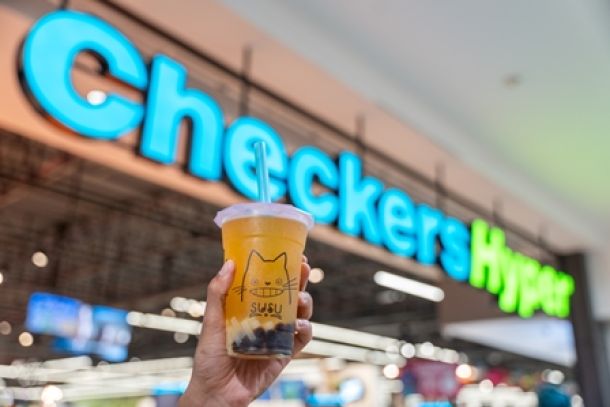
Playful bubble tea shops launch in selected Che...
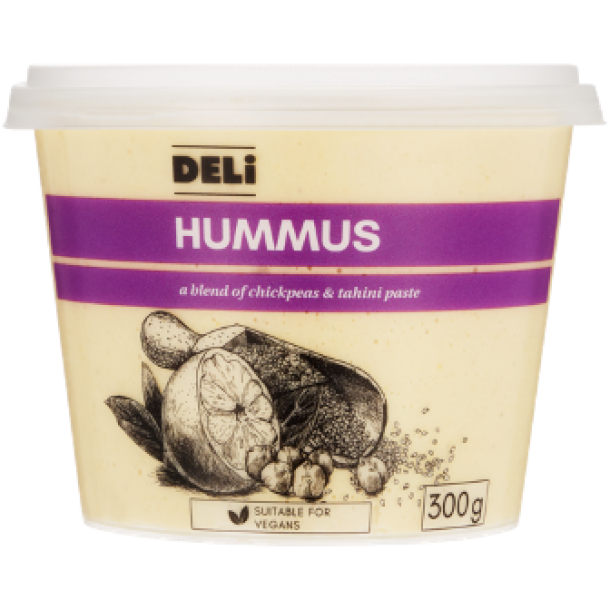
Consumer Commission launches investigation into...
